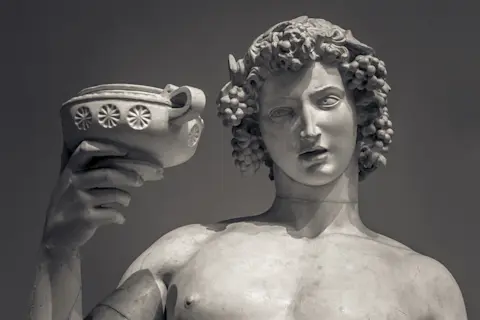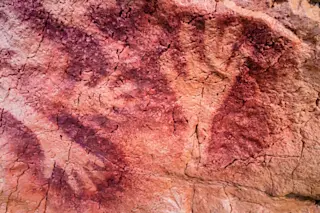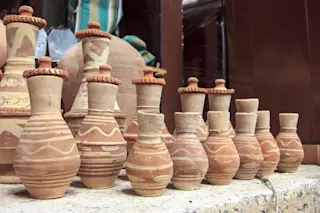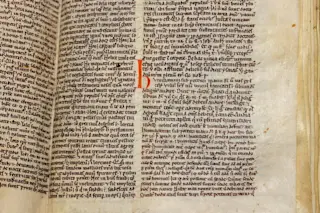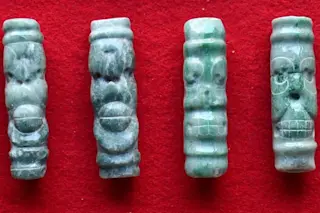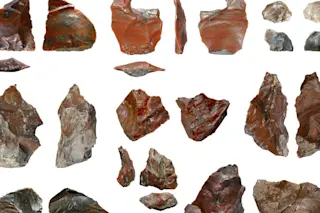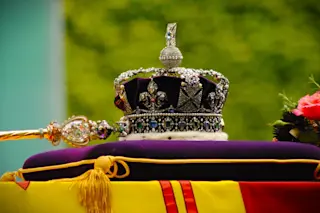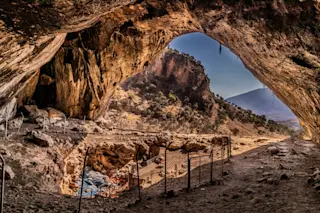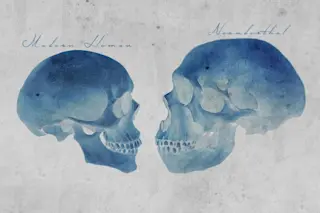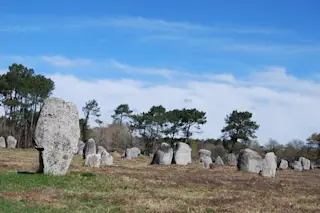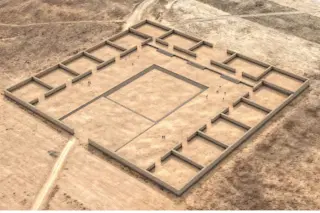Could an Egyptian pharaoh or a Chinese emperor have used a stiff drink or two to build their kingdoms? While we don’t know the particulars of ancient leaders’ drunken deeds, there’s no question that alcohol has been a beloved staple of society for thousands of years. Some scholars have gone as far as to claim that alcohol helped establish societies — an idea known as the “drunk hypothesis."
A new study published in Humanities and Social Sciences Communications backs up the drunk hypothesis, finding a connection between alcohol and complex societies. Evidence across multiple cultures shows that alcohol in ancient times was far more than just a liquid means of letting loose.
The drunk hypothesis certainly has legs, if historical records are any indication. Early civilizations were known to enjoy a range of libations, such as beer, wine, and mead.
Beer was an essential drink in Dynastic Egypt, with proof ...
